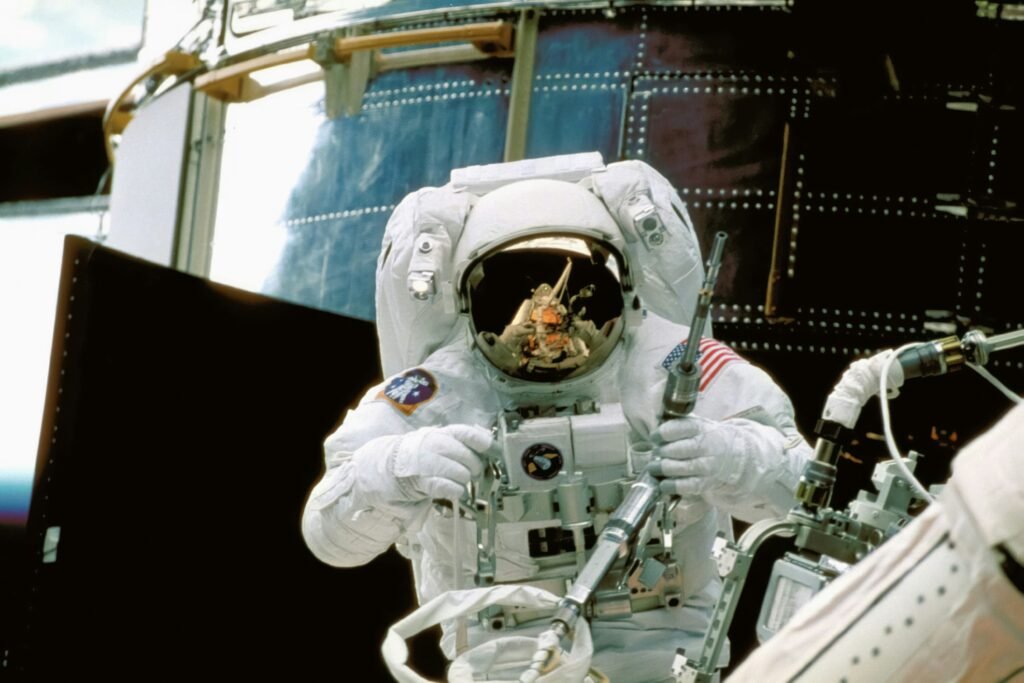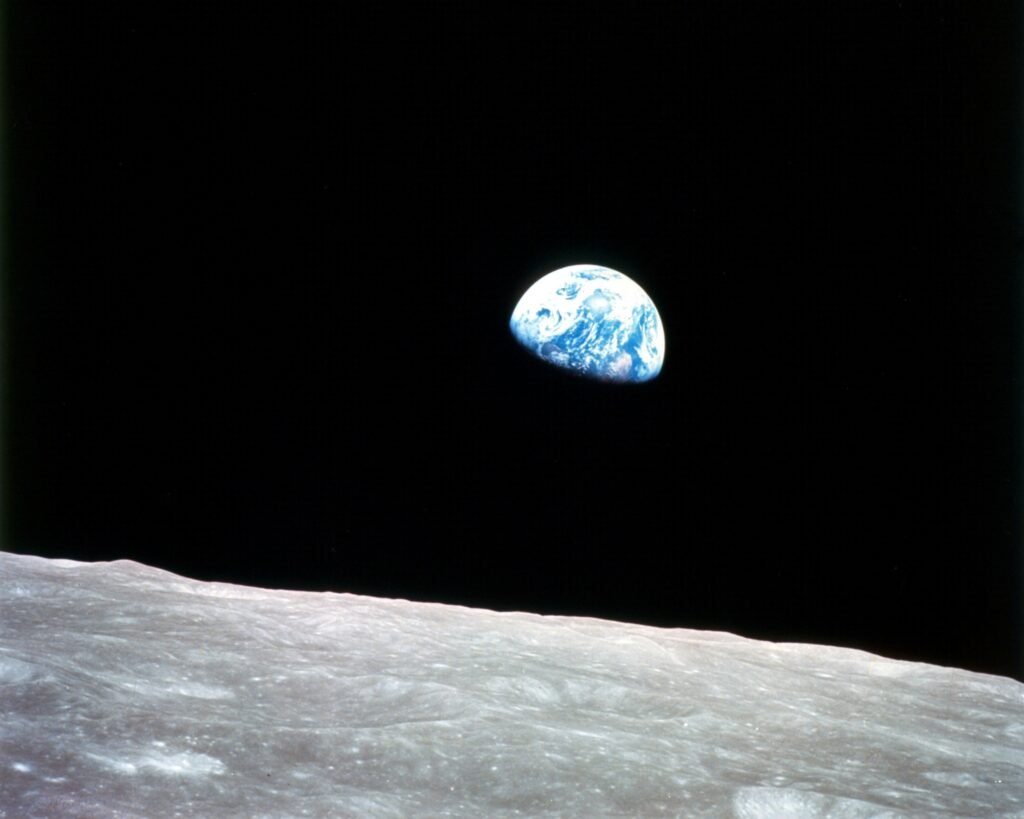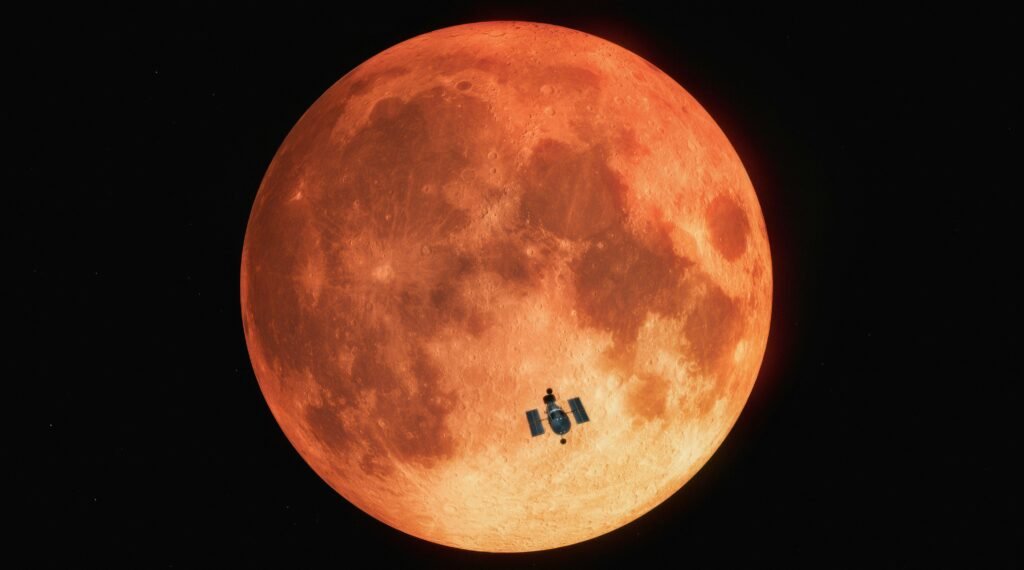
The stars have always fascinated us. From ancient sky maps to modern-day rockets, space exploration has grown rapidly. Today, with new technology and rising interest, we ask: What will the future look like for space exploration?
Governments, scientists, and private companies in the US, UK, and other countries are working together to unlock the mysteries of space. The next chapter promises exciting missions, from Moon bases to Mars trips and beyond.
A Brief Look Back: From Moon to Mars

In 1957, the Soviet Union launched Sputnik, the first satellite. In 1969, humans walked on the Moon. Since then, we’ve sent rovers to Mars, explored distant planets, and built the International Space Station (ISS).
Space exploration has improved life on Earth, too. We now use satellites for GPS, communication, weather updates, and science. Now, the focus is shifting from what we’ve done to what the future holds for space exploration.
Humans on Mars

Landing humans on Mars is one of the biggest goals of future missions. NASA’s Perseverance rover is already testing the Martian surface and preparing the path.
Experts believe astronauts could land on Mars by the 2030s. It will be a huge step in history. The US and UK space exploration agencies are investing in Mars research, including survival systems and transport.
Companies like SpaceX also aim to send people and equipment there. In the long term, the goal is to create a human settlement, but major challenges like radiation, food, and oxygen must be solved first.
Space Tourism

Space tourism is now more than a dream. Companies like Blue Origin, Virgin Galactic, and SpaceX offer short trips to the edge of space. Rich tourists have already flown to space for minutes of zero gravity.
In the future, people may be able to buy space exploration tickets to visit space hotels or orbit Earth. Today, it's expensive, but prices may fall as technology improves.
Just like flying on airplanes became common, space travel could become possible for many in the coming decades.
New Space Stations and Hotels
The ISS has been home to astronauts for over 20 years. Now, new space stations are being planned — some by NASA, others by private companies.
These new stations could serve as research labs, factories, or tourist spots. Some companies are even planning a “space hotel” by the 2030s.
They might orbit Earth or the Moon and become resting points for longer missions. The future of space exploration will involve not just science, but tourism and business too.
Moon Bases and Lunar Missions
The Moon is back in the spotlight. NASA’s Artemis program will send astronauts back to the Moon soon, possibly as early as 2025. This time, the mission isn’t just about visiting. It’s about staying.
The goal is to build a permanent base near the Moon’s south pole. The UK Space Agency is part of this mission, showing how global teamwork is shaping the space age.
A Moon base would help us learn how to live in space and prepare for Mars missions.
Faster, Smarter Rockets
Today’s rockets are powerful but slow. A trip to Mars takes 6–9 months. That’s why scientists are working on better engines, like nuclear-powered spacecraft, which could cut travel time.
Reusable rockets, like SpaceX’s Falcon 9, are already cutting costs. Future rockets will need to be faster, cheaper, and safer to support space exploration for all.
Better rockets also mean less space junk, which is a growing concern in Earth’s orbit.
Robots and Artificial Intelligence
Robots and AI will play a big role in future missions. They don’t need food, air, or rest — and can explore dangerous places humans can't.
In the future, robots could build Moon or Mars bases before astronauts arrived. AI can also help run equipment, grow food in space, and even support medical care.
This technology makes space exploration safer and more cost-effective.
Mining Asteroids and the Moon
Space has resources that may help future missions. Some asteroids have metals like platinum and gold. The Moon has water ice that can be turned into fuel or drinking water.
Mining in space could support long missions or reduce the need to bring supplies from Earth. But it also raises legal and ethical questions: Who owns space? Who gets the profits?
New space laws will be needed as mining becomes real.
Global Cooperation
Space is too big for one country to explore alone. That’s why NASA, the UK, and other countries are working together on research, technology, and missions.
Private companies and international space agencies often partner to share costs and knowledge. Cooperation means faster results and more benefits for everyone.
People across the world can join the journey by staying updated and following space exploration news to track launches, discoveries, and plans.
Why the Future of Space Exploration Matters
You might ask: Why should we care? Here's why:
- It helps us solve Earth’s problems (like energy, climate, and tech)
- It creates jobs and boosts the economy
- It inspires students to study science and engineering
- It prepares us for a future beyond Earth
Space also reminds us that we’re part of something bigger. That’s why space exploration is an evergreen topic — always inspiring and important.
Conclusion
The future of space exploration is full of promise. Mars missions, Moon bases, space hotels, AI robots, and asteroid mining are no longer science fiction; they are real plans in motion.
NASA, the US and UK, and visionary companies like SpaceX, are moving faster toward a spacefaring future. Whether you dream of being an astronaut or simply hope to buy space exploration tickets someday, one thing is clear: the journey has only just begun.








